Home » Battery Materials » What is a lithium titanate battery, and how does it work?
What is a lithium titanate battery, and how does it work?
- What is lithium titanate oxide
- How safe are the lithium titanate oxide batteries
- What is the use of lithium titanate batteries
- Is lithium titanate good for solar
- How much does a lithium titanate battery cost
- How does a lithium titanate oxide battery work
- Is lithium titanium dioxide used in batteries
- The comparison of lithium titanium dioxide and other lithium ion battery
- Final Thoughts
Because of their remarkable performance in terms of energy and power density, as well as efficiency and durability, lithium-ion batteries are commonly used in automobile and solar applications today.
Even though several cell chemistries exist, the majority of today’s solar systems use a high-voltage lithium-ion battery technology with cells that contain a graphite-based anode and a metal-oxide cathode (like lithium phosphate). These cells have a high specific energy capacity, which allows for longer power supply at a low cost.
An example of these lithium ion batteries is the lithium titanate oxide battery, which can be particularly effective in applications where power density is a critical design parameter.
In this article, you will learn how a lithium titanate oxide battery works, as well as its properties like specific energy, energy density, specific power, service life, and possible hazards.
What is lithium titanate oxide
Lithium titanate oxide batteries are a class of lithium ion batteries that are built using nanotechnology. The process of material particle nanoization is difficult, so the cost is high, and it is currently difficult to achieve large-scale industrial processing. They are rechargeable lithium ion batteries that use titanate oxide as their anode and make use of lithium iron phosphate as the cathode in their chemical reaction.
This type of lithium ion battery has a long lifecycle and is exceedingly safe to use. Also, this battery charges faster than others because it uses an anode with a bigger surface area.
The lithium titanate oxide battery has some properties that make them unique from other lithium-ion batteries. These advantages are the result of the nanotechnology used to create them. Of these benefits include:
Longer Functionality Period
The lithium titanate battery is capable of charging fast and storing energy for a longer period. They do not easily degrade because they are built using nanocrystals that enhance fast charging.
Speedy charging and discharging
The nanocrystals are used in place of traditional carbon elements as the anode during the chemical reaction. This anode’s surface area is about 100 square meters/g.
As a result, the mobility of electrons is enhanced, causing them to travel faster, resulting in faster charging and discharging of the battery,and can supply high current when needed. The lithium titanate oxide battery recharges faster than its other lithium battery counterparts thanks to its 30 times larger surface area.
Low-Temperature while storing energy
With their nanotechnology operating system, the lithium titanate oxide battery operates with a low temperature, storing up 80% energy at just -30°C. It has the ability to fully charge and discharge in the ultra-wide temperature range of -50℃~60℃.
How safe are the lithium titanate oxide batteries
One important property and benefit of the lithium titanate oxide battery is its high level of safety. There is a presence of zero carbon in its build up. Therefore, it is impossible for users to experience overheating or a disturbing rise in temperature that might lead to a spark or fire.
What is the use of lithium titanate batteries
Lithium titanate oxide batteries are built for high-load applications because of their suitable general properties, such as good stability, long lifespan, and a high level of safety.
They are used in charging stations, to power solar systems, and also for electric bus. These are just a few of the applications of lithium titanate oxide batteries, but not as much as lithium iron phosphate and ternary lithium, lithium titanate oxide battery has excellent power characteristics and high safety, but the working voltage is relatively low, generally 2.2~2.3v, the price is much higher than ternary lithium and lithium iron phosphate.
Is lithium titanate good for solar
Since off-grid solar systems can be used for outdoor, domestic, industrial, and commercial purposes, they require battery storage.
Although lithium iron phosphate batteries have higher specific power, lower self-discharge rates and are the mainstream of the solar energy storage market, lithium titanate batteries are also an option, because of its durability and fast charging capacity.
Lithium titanate batteries are also well-known for being lightweight, safe, and simple to use, making them ideal for on-demand charging.
Some properties of lithium titanate oxide batteries, like rapid charging and discharging, and longer lifespan, enhance their usage as power storage facilities for the solar system.
How much does a lithium titanate battery cost
Since there are so many manufacturers of the lithium titanate oxide battery, its price varies. Though the price varies, the average cost of the battery per kWh is $650–$790.
A 40Ah LTO battery will cost roughly $30-$40, a 4000Ah will cost $600-$700, and containerized systems will cost up to $70,000. Hence, due to this huge amount, it is safe to say that the lithium titanate battery is costly.
How does a lithium titanate oxide battery work
The lithium titanate oxide battery is rechargeable and functions with the basic oxidation-reduction chemical reaction, where electrons move freely and faster between the anode and the cathode.
Lithium titanate oxide batteries’ cathode is made of lithium iron phosphate and their anodes are made of lithium titanate nanocrystals. Despite the fact that the lithium titanate oxide battery is new, the chemistry underlying it is impressive due to the presence of lithium iron phosphate.
Also, lithium titanate oxide batteries operate with an expanded surface area because they make use of tiny nanocrystals instead of carbon. These nanocrystals when the batteries are being charged give the following benefits:
●Discharge current at a high rate. The discharge rate is around several times faster than conventional lithium batteries.
●The rapid passage of electrons which causes fast charging and discharging.
●Exceptional battery lifecycle.
Is lithium titanium dioxide used in batteries
In terms of cycling stability, titanium dioxide (TiO2) compounds can be used as electrode materials in lithium-ion batteries. Titanium dioxide (TiO2), when employed, provides a Lithium ion diffusion channel, which improves electrochemical performance.
The comparison of lithium titanium dioxide and other lithium ion battery
When compared with other lithium ion batteries, the lithium titanate oxide battery has a high level of safety, a remarkable lifespan, high storage performance, and a high cost of production.
However, the specific power of lithium titanate is low, the specific energy is low, the voltage is also low, the cost is high and the price is very expensive. Some application scenarios such as energy storage are still not as cost-effective as lithium iron phosphate.
Final Thoughts
The high safety, long life and green environmental protection of lithium titanate may become the anode material of a new generation of lithium ion batteries and are widely used in new energy vehicles, electric motorcycles and applications requiring high safety and long cycle.

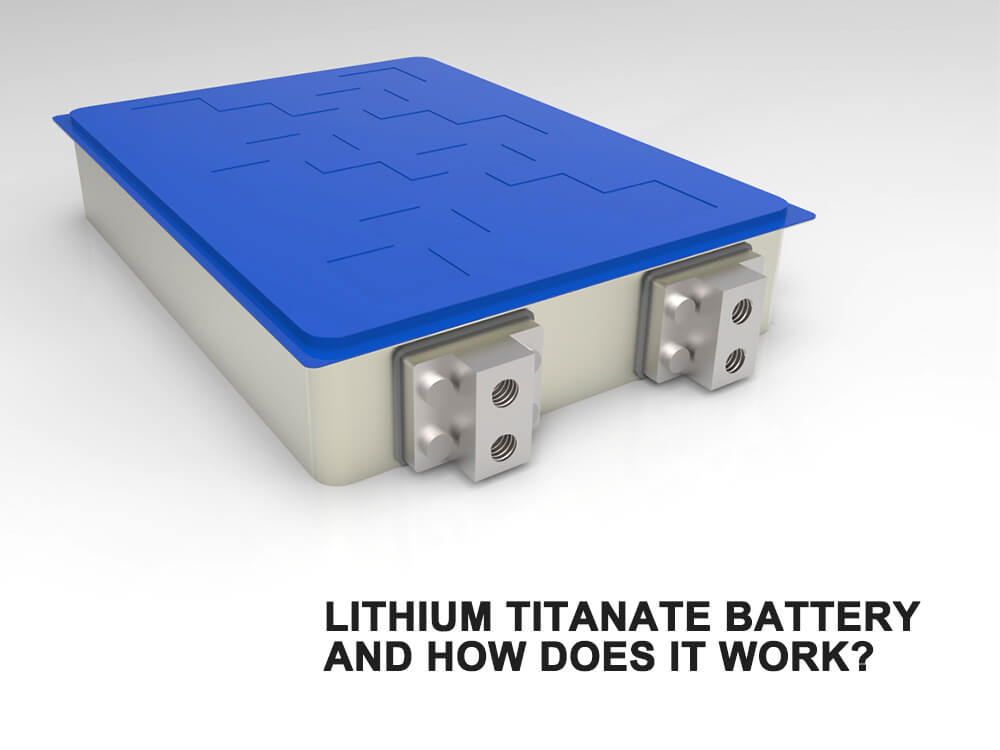
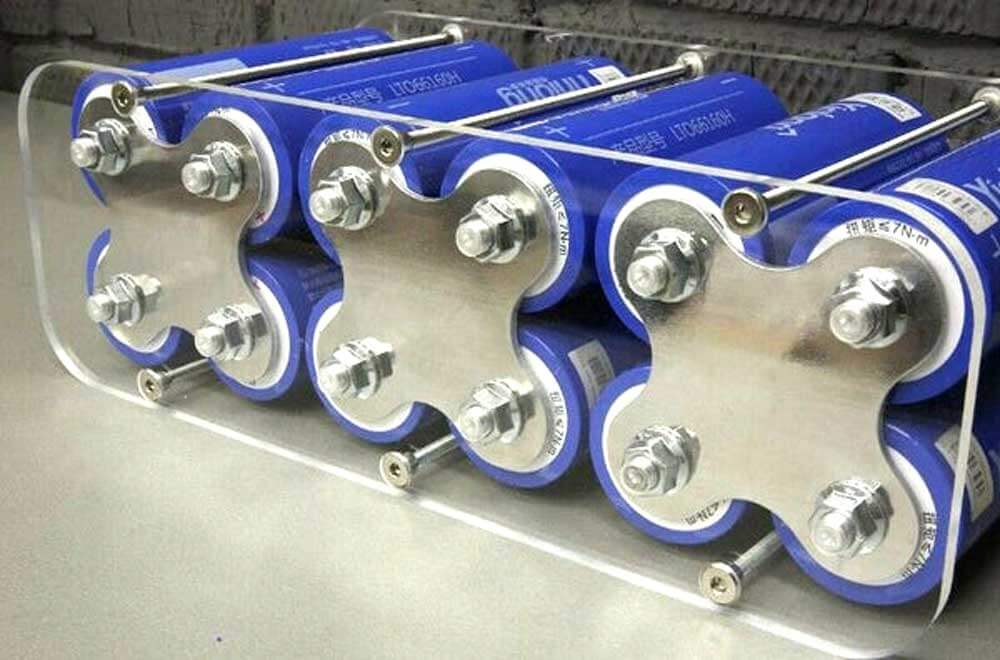
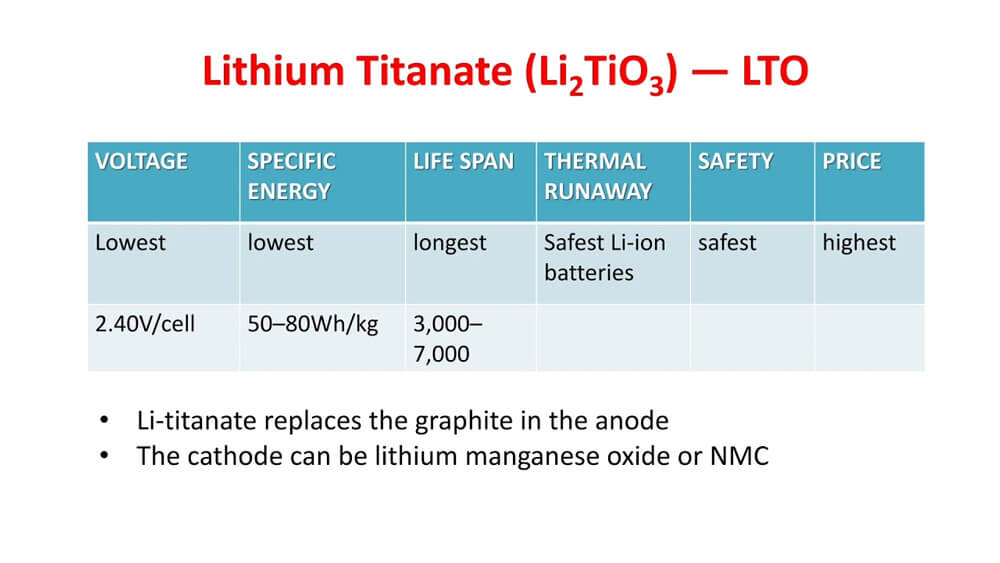
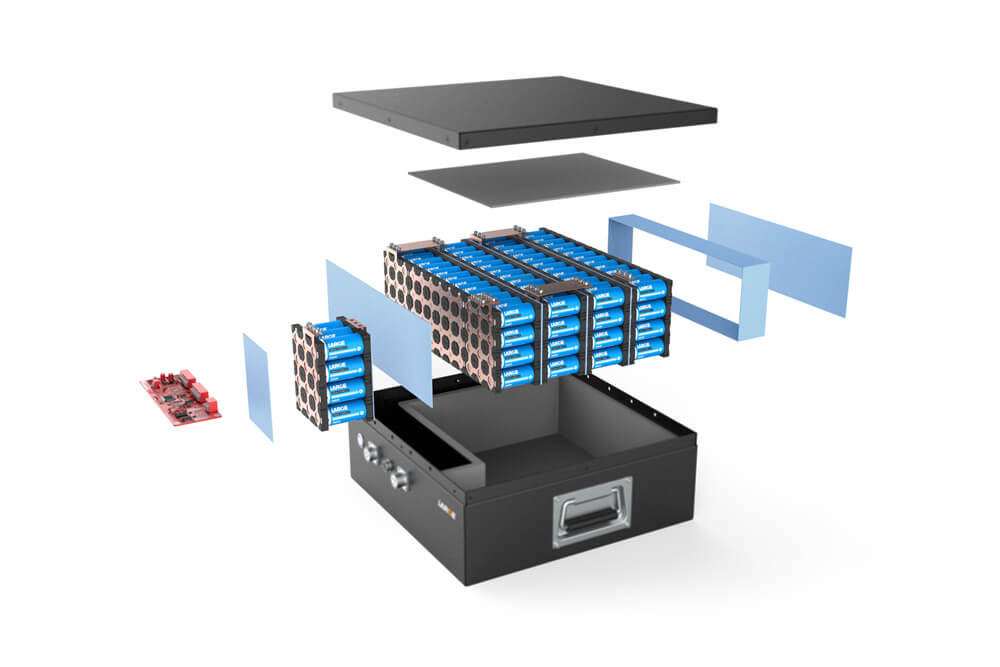
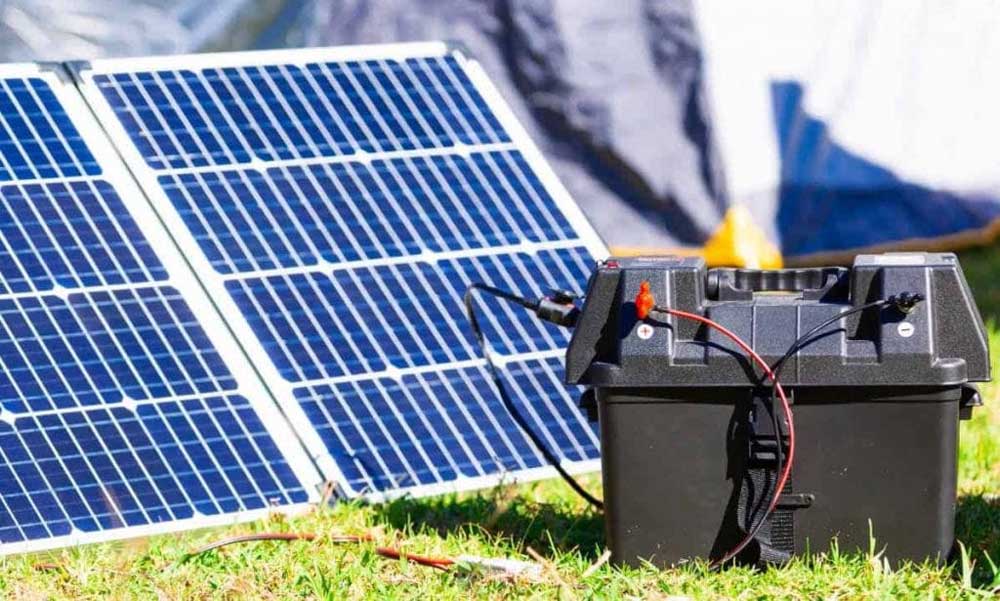

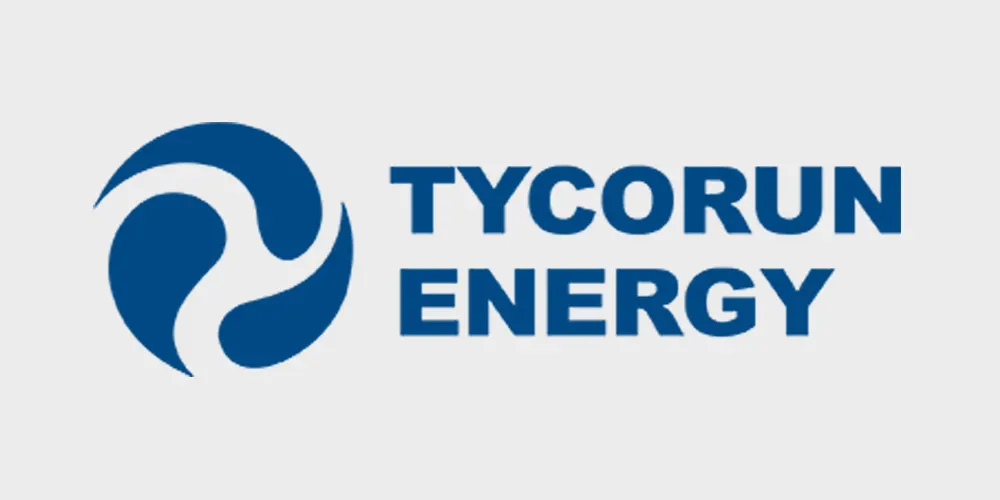
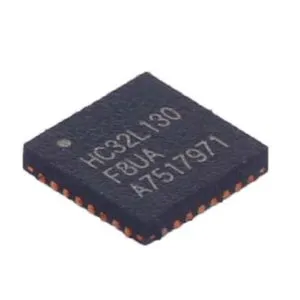
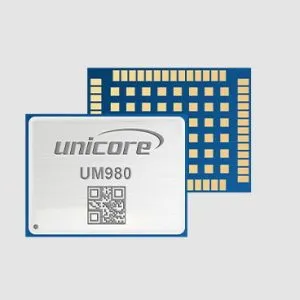

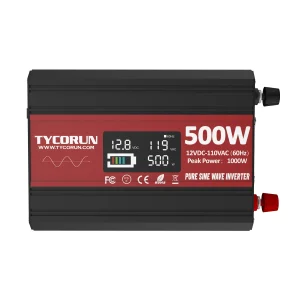
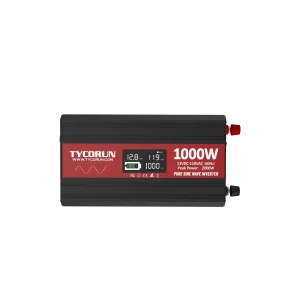
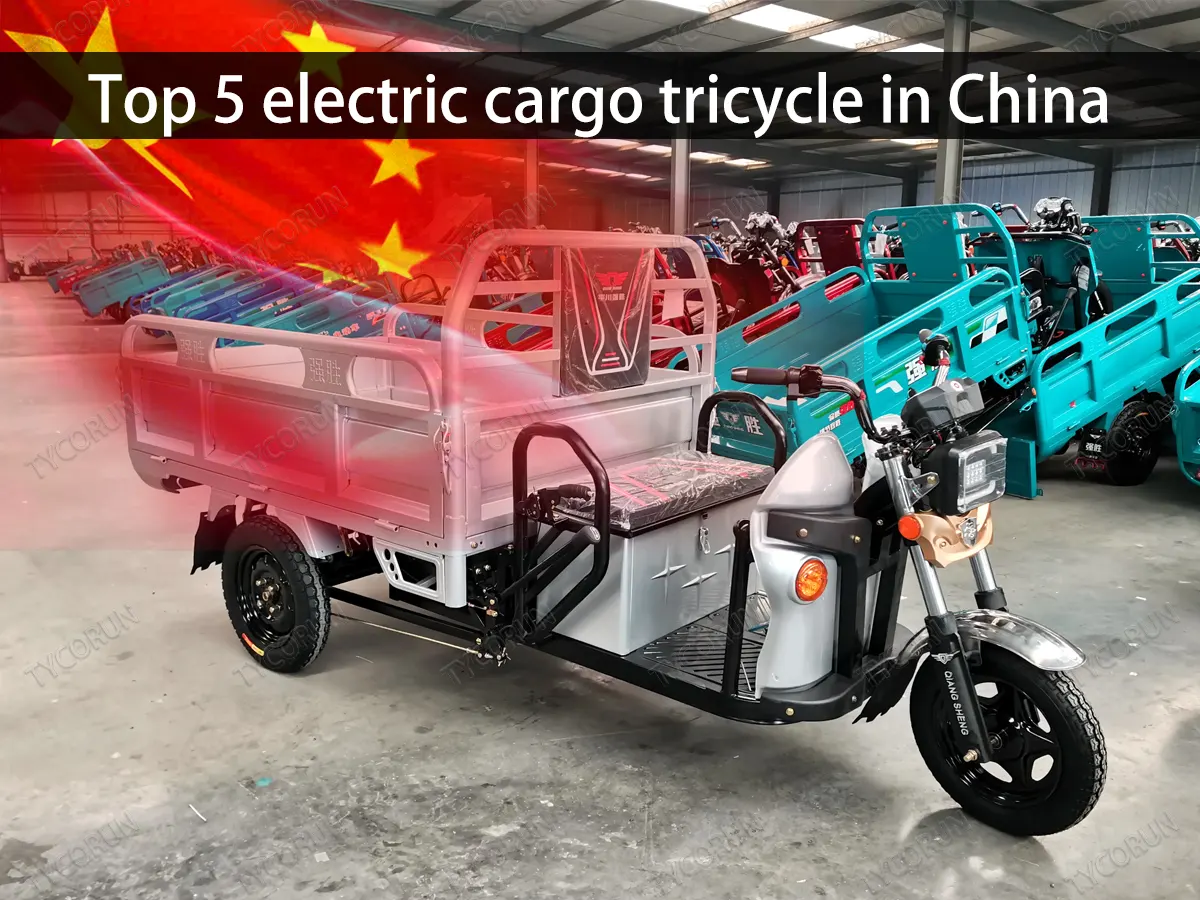
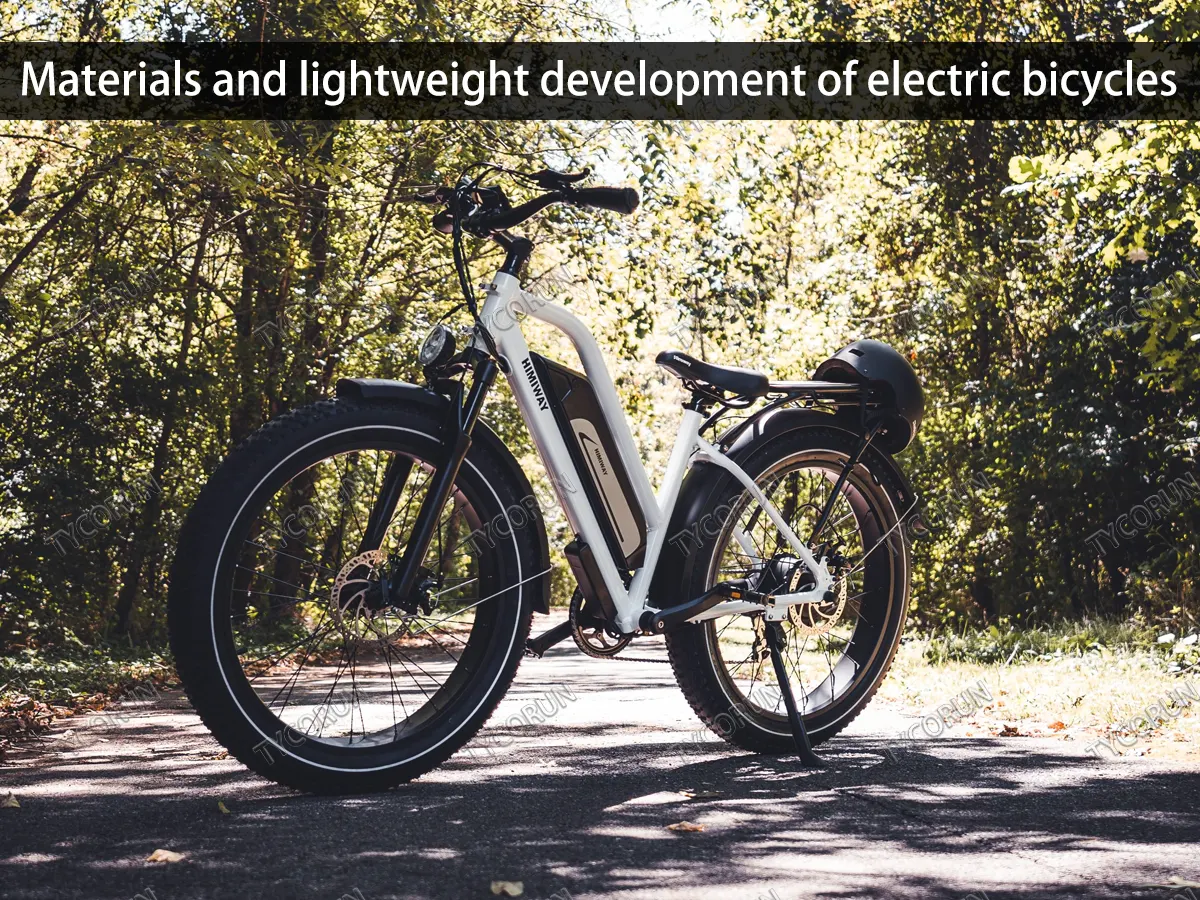

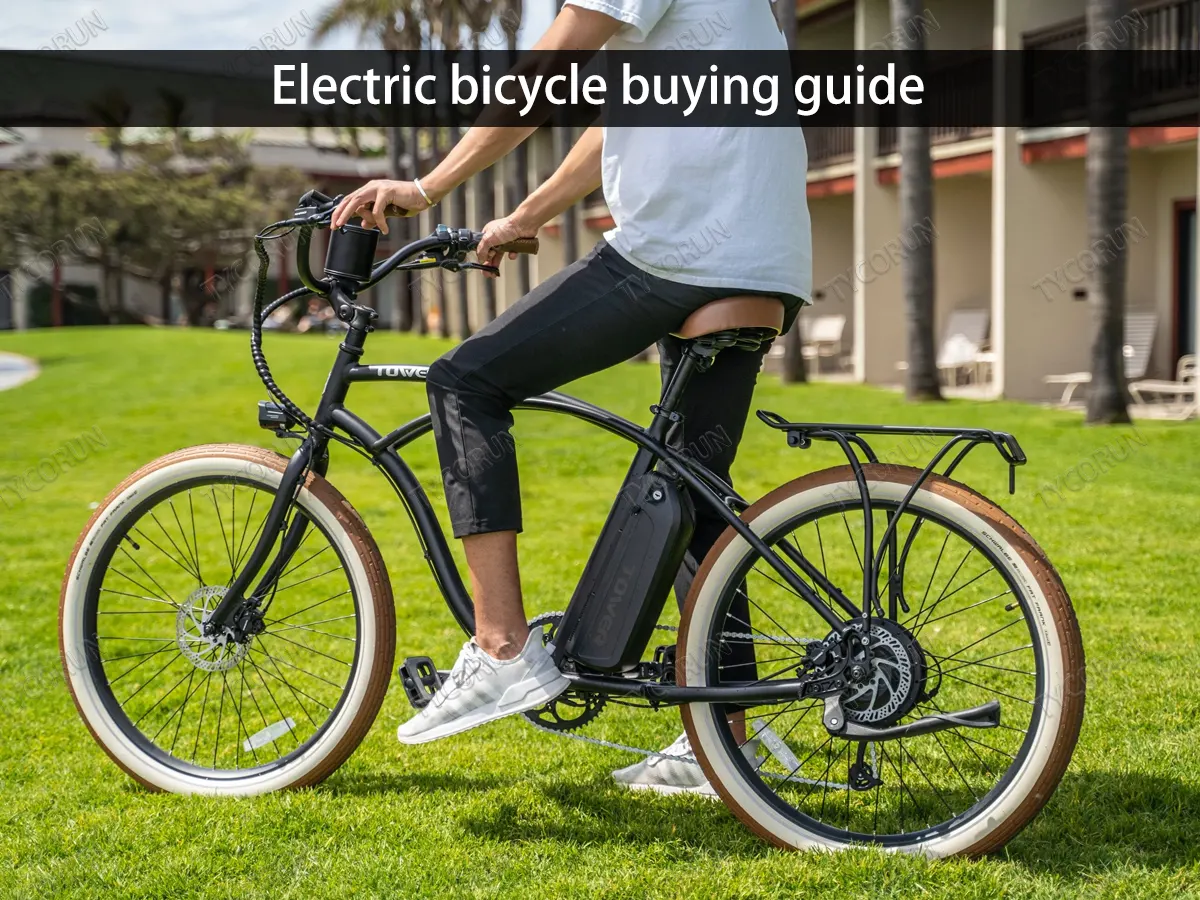


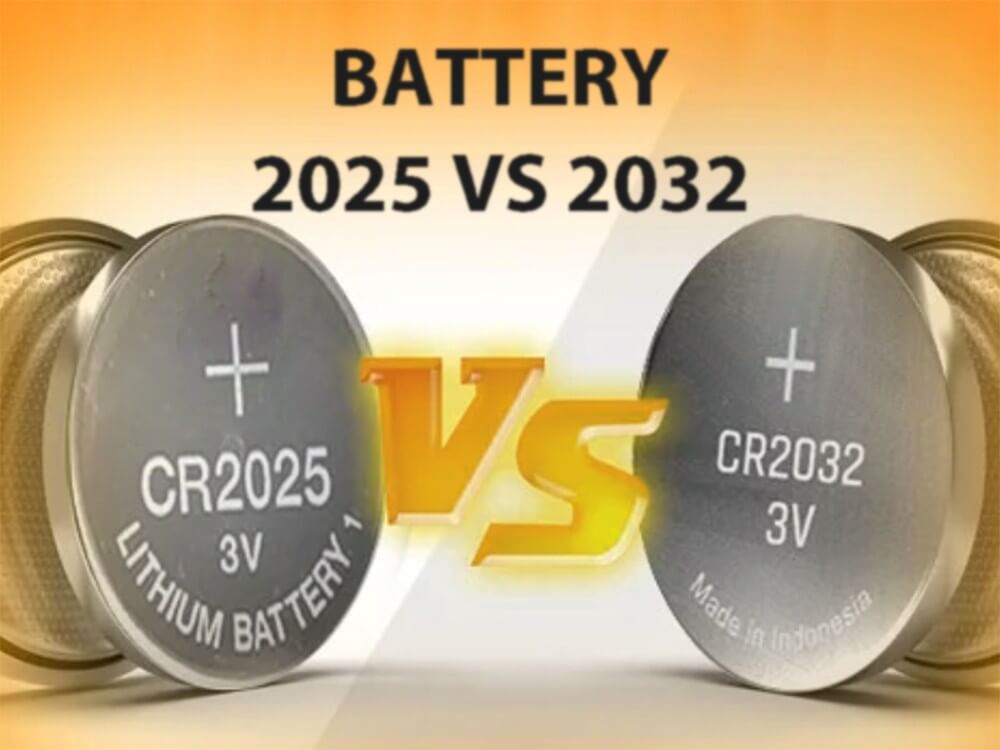
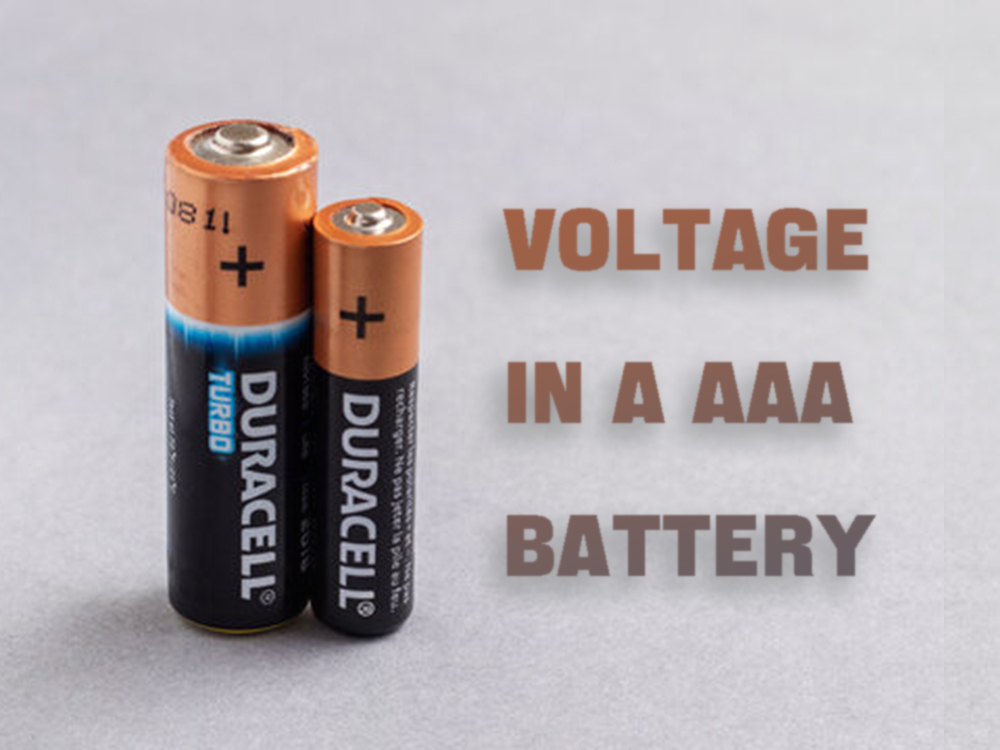
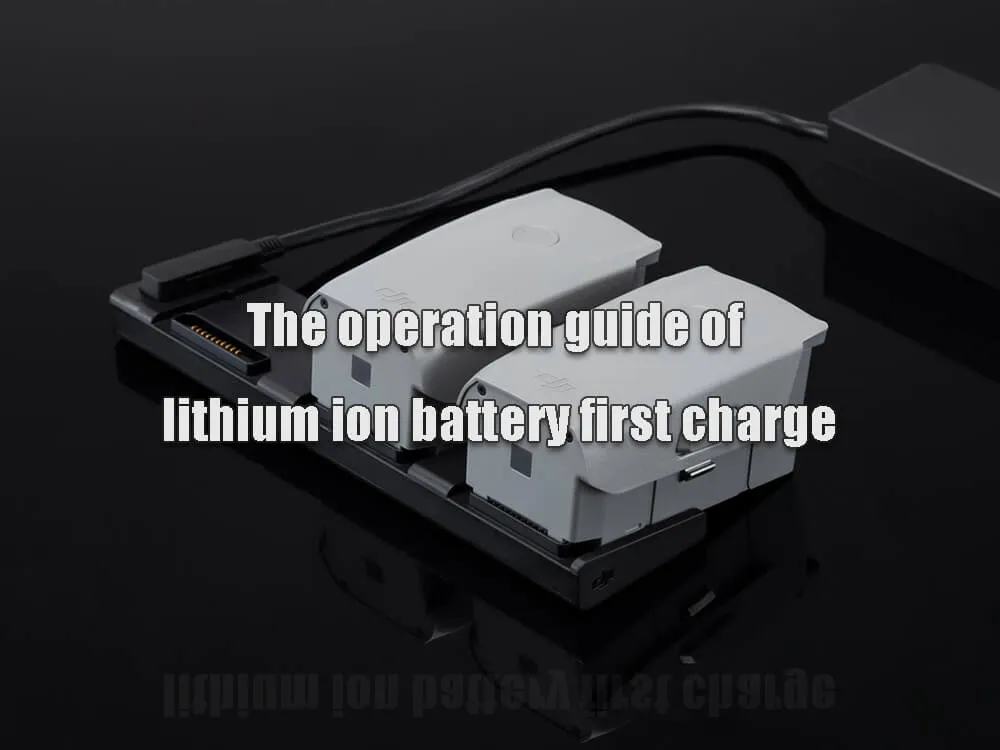
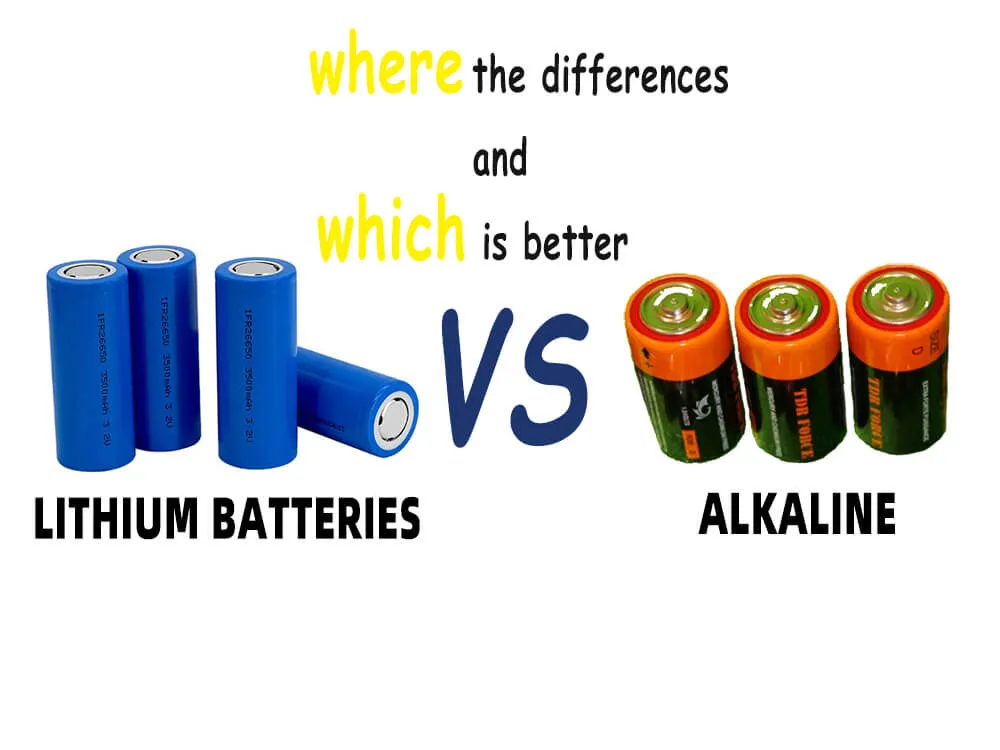



1 thought on “What is a lithium titanate battery, and how does it work?”
This is a very good tip. Simple but very accurate information… Appreciate your sharing this one. A must read article!